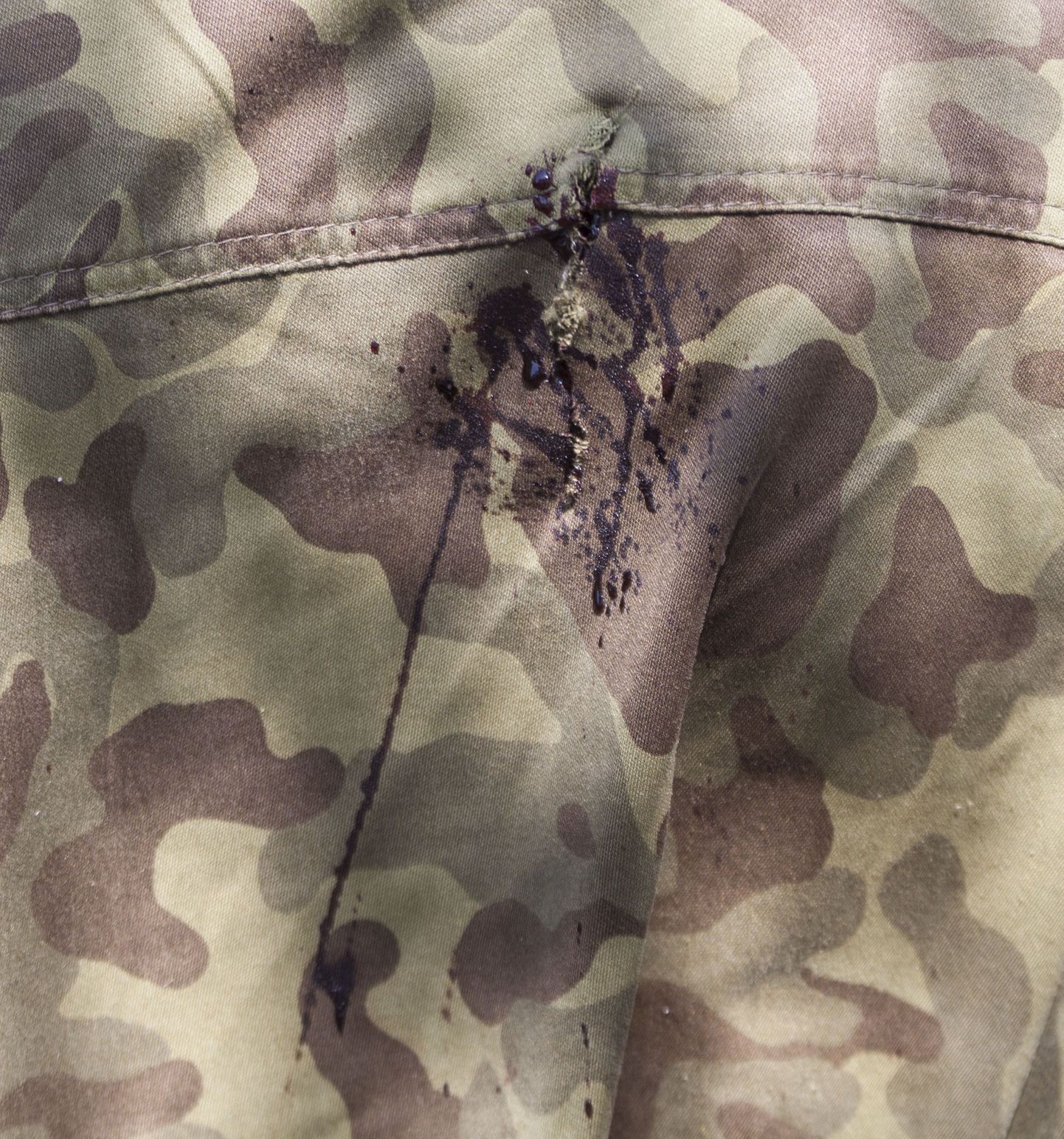Should the inspectorate take its proposals before the social minister and these get written into law, next year’s statistics may not reflect national defence work accidents at all.
RECENT SERIOUS ACCIDENTS WITH CONSCRIPTS
*On October 22nd 2014, a Kuperjanov Infantry Battalion conscript was seriously injured in Kanepi Parish while in a trench as an explosive package imitating grenade fell into the area of his thigh. At disciplinary investigation at defence Forces, it surfaced there were two conscripts in the trench but with a tree and thick brush before them, they did not personally throw explosive packages. Probably, the package fell into the trench from a trench nearby, at five to seven meters to the left, as a result of a bad throw. As the investigation was concluded, Commander of Defence Forces Lieutenant-General Riho Terras banned use of such explosive packages in the defence forces and ordered that these be destroyed.
*This year, in the eve of January 5th, a conscript of logistics battalion was injured at grenade throwing exercises as the grenade thrown by him fell into the trench and exploded. The conscript and the instructor took cover but the conscript was injured and hospitalised. During military police investigation, it was concluded there were no violations but no explicit cause was cited. The conscript and the instructor were no longer able to specify it the conscript was unable to throw the grenade out of the trench, or, during the throw, he hit his arm against the back wall of the trench and therefore dropped the grenade.
*Before noon this March 10th on Sirgala polygon, a 1st Infantry Brigade antitank company conscript was injured at exercises, his shoulder scraped by a bullet. The accident happened with a battle tandem practicing shooting position from the shoulder with machine gun MG3 as needed to open fire while in deep snow or tall grass. The stand of the rifled barrel resting on the conscript’s shoulder came loose, the gun slipped and a bulled flying out scratches the lad’s shoulder. Military police investigation is underway, to find out if the gun was mishandled or defective.

